Process valves are used in procedures involving chemical or mechanical steps to aid in the manufacture of a wide range of items. Some common process valve types include ball valves, poppet valves, gate valves, diverter valves, butterfly valves, and sanitary valves. There are a variety of materials used to produce process valves, depending on what their specific task will be. Read More…
At U.S. Plastic Corp., we provide high-quality diaphragm valves designed to deliver precision flow control and reliable performance in demanding applications. We offer a range of configurations to accommodate various pressure and temperature requirements, ensuring compatibility with diverse piping systems. With a commitment to quality and innovation, we help customers achieve efficient, leak-free ...

Since 1950, Century Instrument has been selling diaphragm valves as well as actuators. Our control parts and products allow for highly accurate control of temperature, pressure, or flow when handling of steam, water, air, oil, gas or other fluids. Our customers are our most important asset and as such our philosophy is to put the customer first and foremost in all considerations.

Offering a full line of flow control products, Plast-O-Matic Valves ensures high quality by testing each of our valve products individually before shipment. We offer plastic check valves, PVC check valves, relief valves, ball check valves and more. We are committed to engineering excellence.

More Process Valve Manufacturers
Matching the material with the task is important, because incompatible materials can contaminate the source if the valve is damaged as a result. Possible process valve materials include copper, steel, stainless steel, brass, PVC and cast iron. Industries which use process valves can include mining, pulp and paper, chemical, waste treatment, food and beverage production, powder and bulk processing, and many others.
Process valves that are automatic will typically be controlled by some version of computer, pneumatic, or hydraulic device how most types will be controlled by some form of pneumatic actuator. Based upon the needs of the application many process can be customized for a number of specifications. Typically this type of product will use two types of configurations.
These configurations include weir (saddled) or straight (seated). The weir or saddle diaphragm valve is the most common valve for many processing applications however the seat type is ideal for slurry applications to reduce blocking problems.



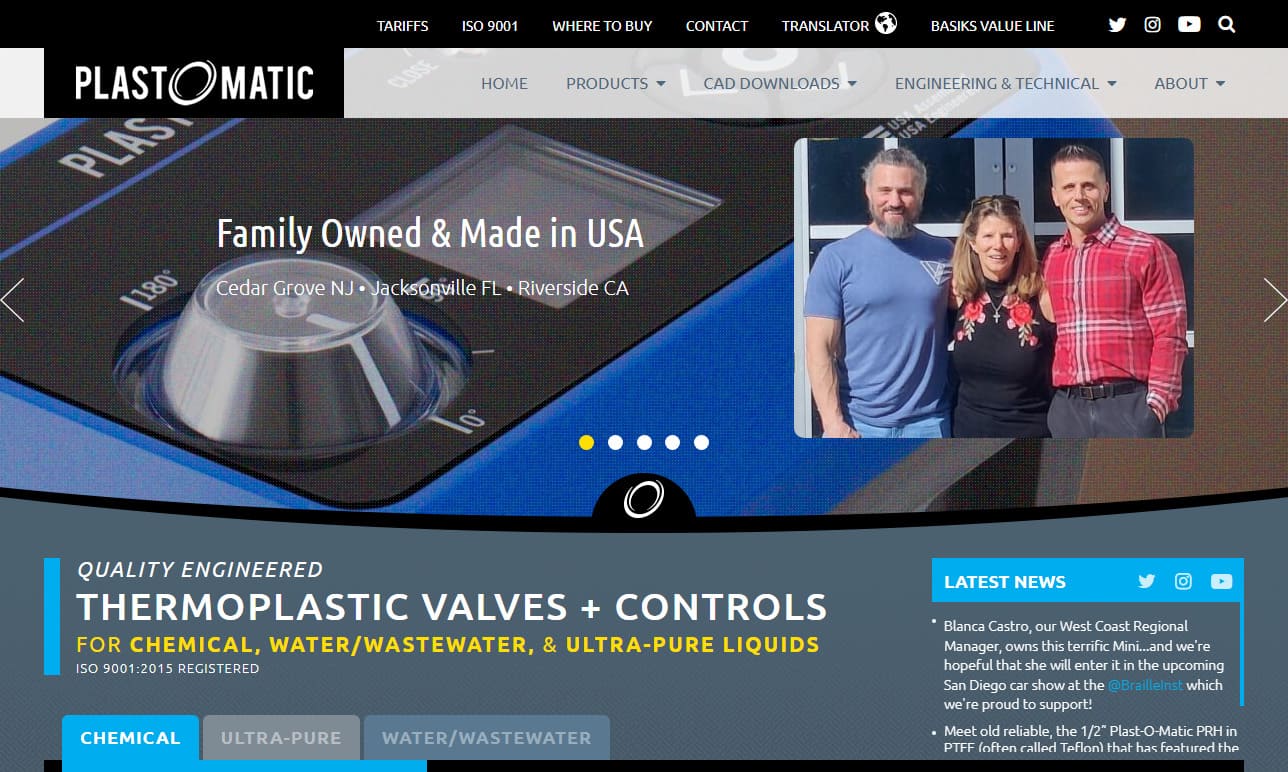
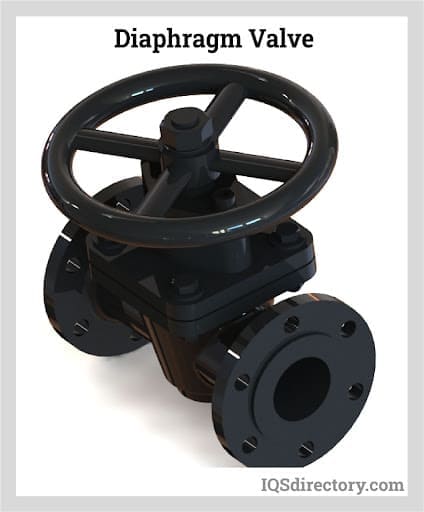
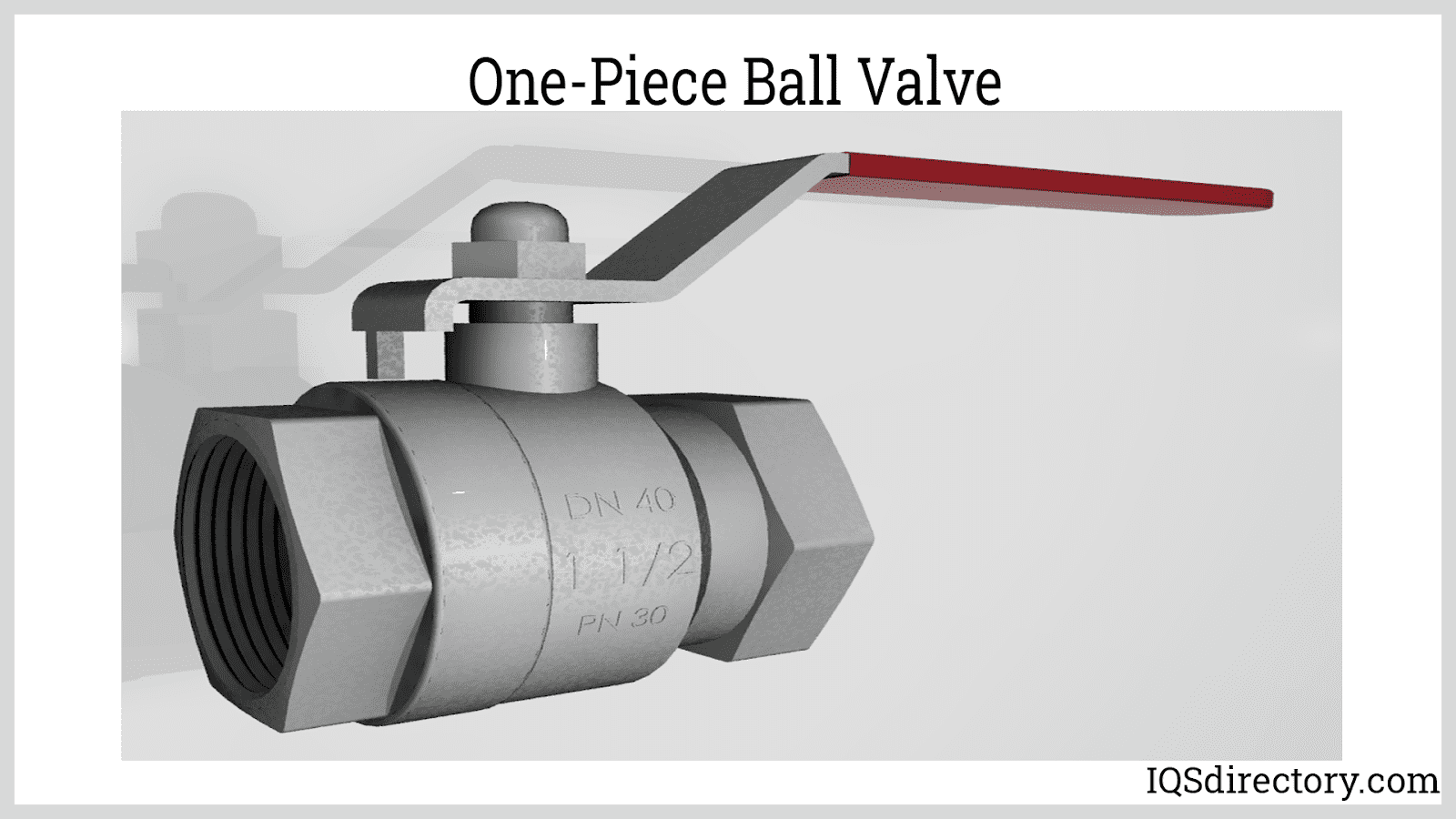
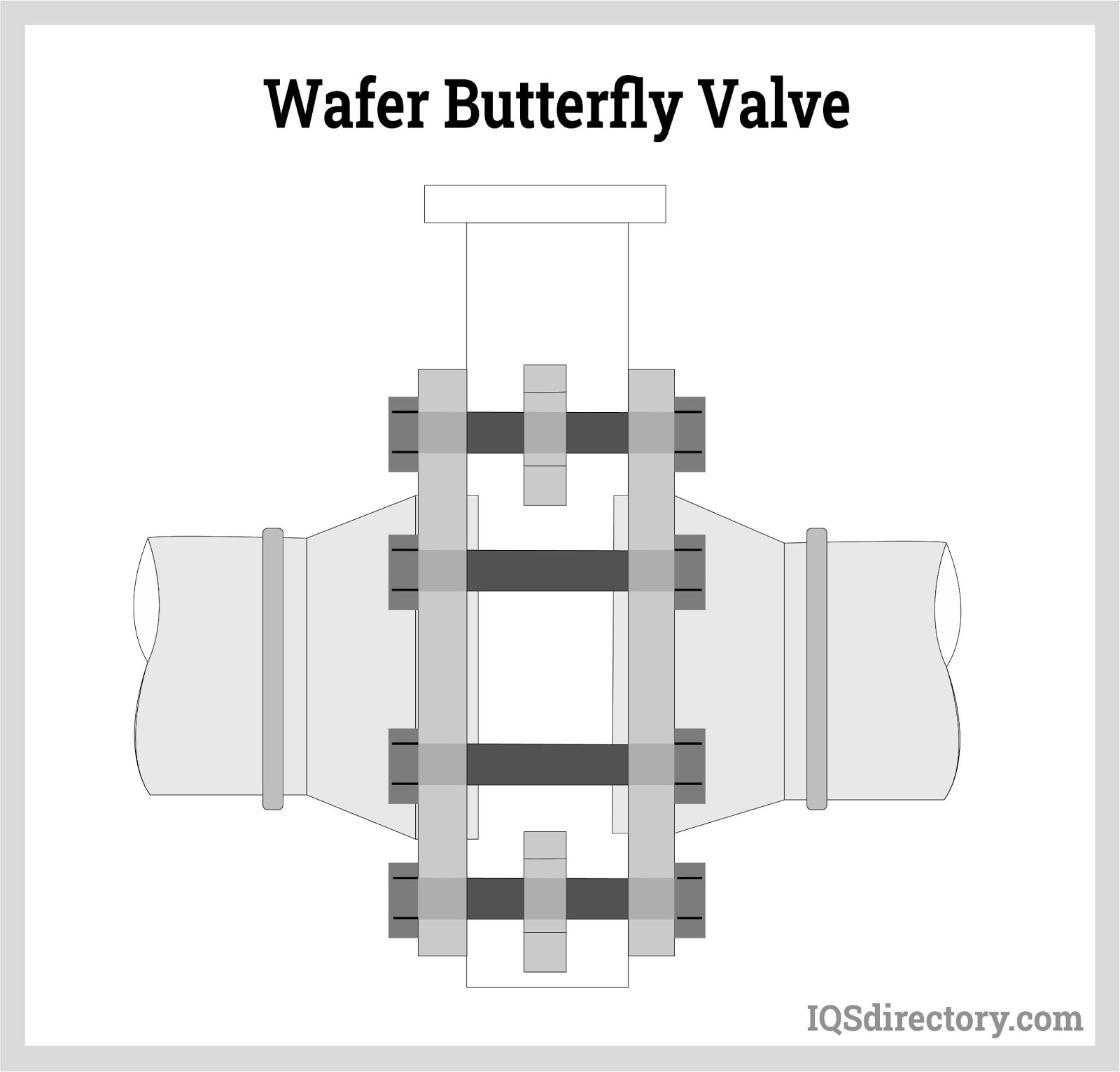
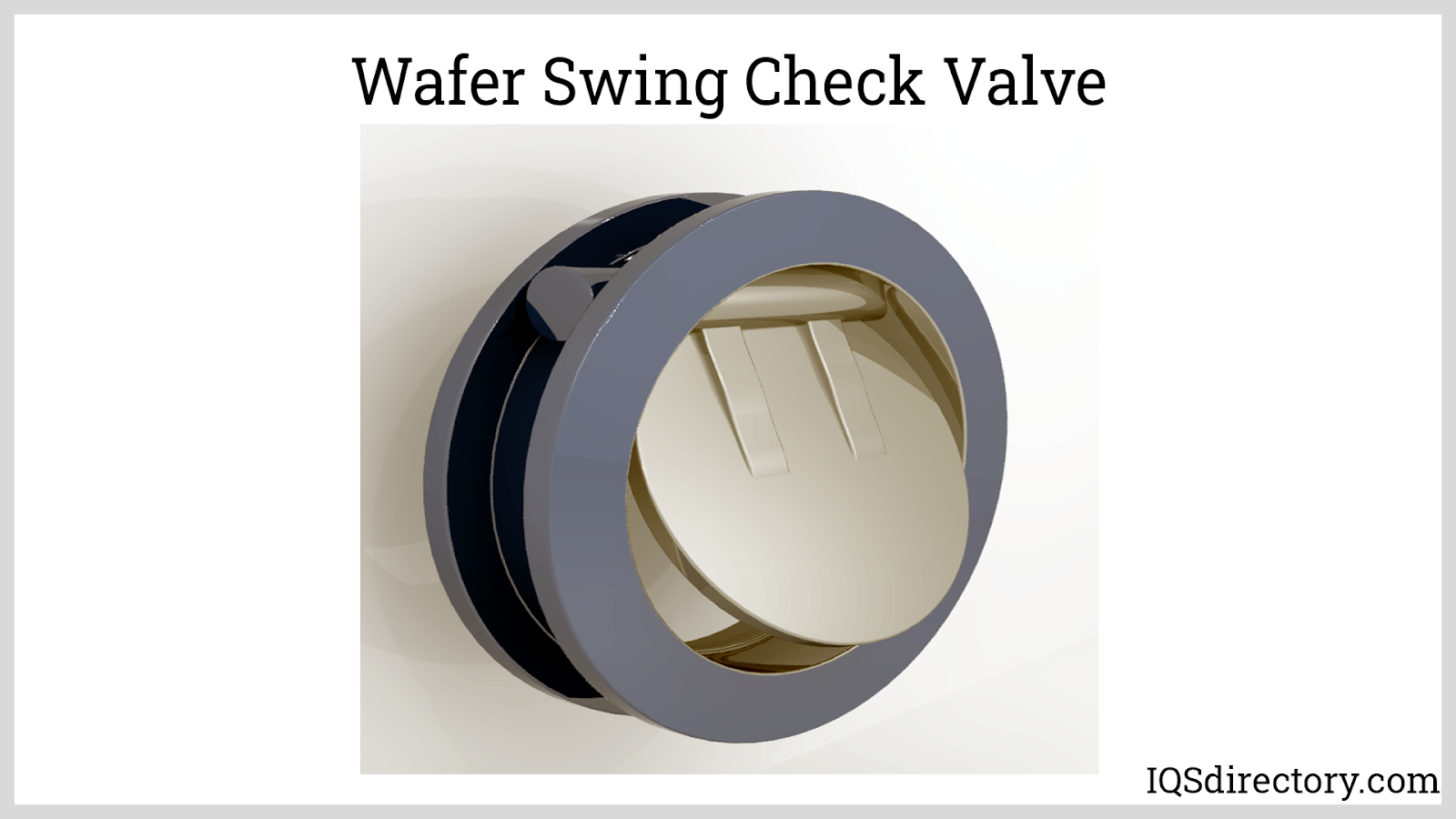
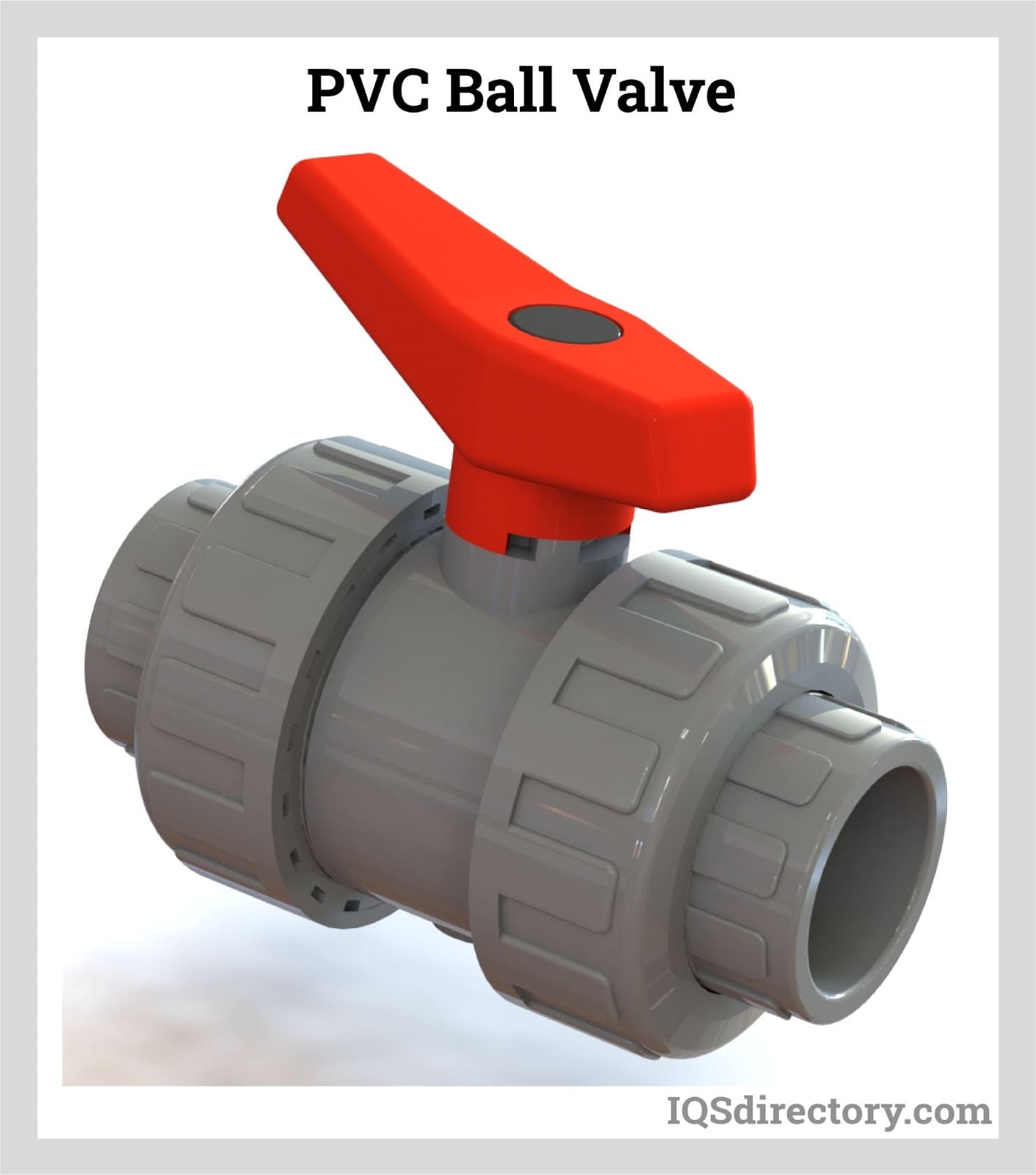
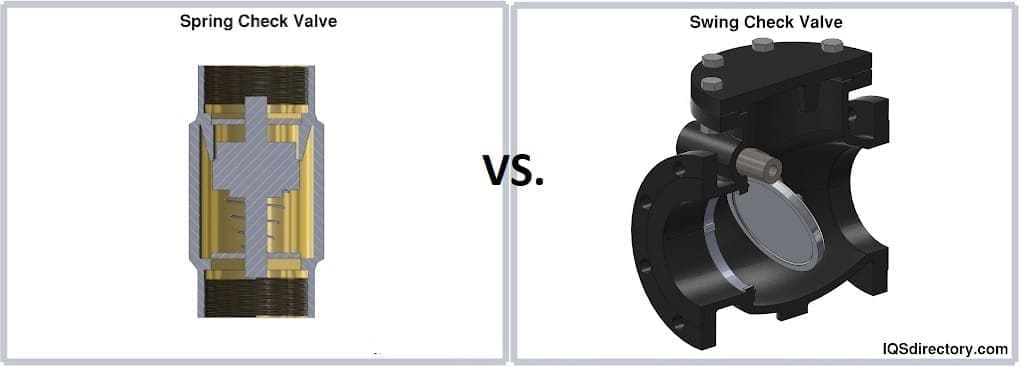
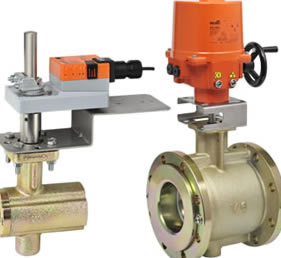 Ball Valves
Ball Valves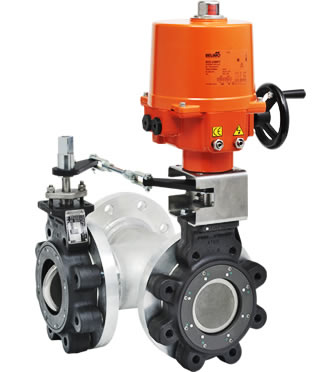 Butterfly Valves
Butterfly Valves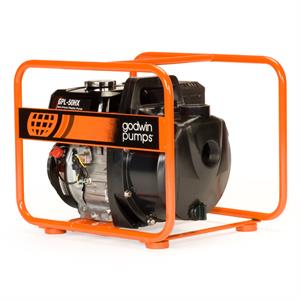 Centrifugal Pumps
Centrifugal Pumps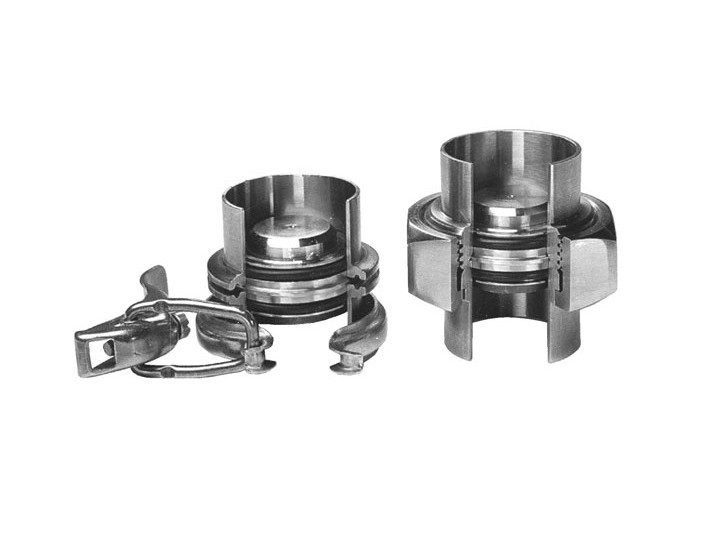 Check Valves
Check Valves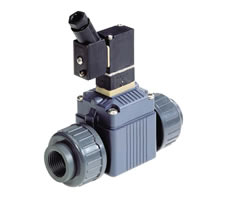 Diaphragm Valves
Diaphragm Valves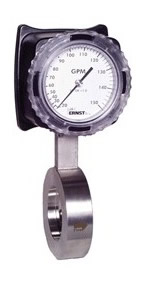 Flow Meters
Flow Meters Hydraulic Pumps
Hydraulic Pumps Hydraulic Valves
Hydraulic Valves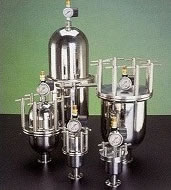 Metering Pumps
Metering Pumps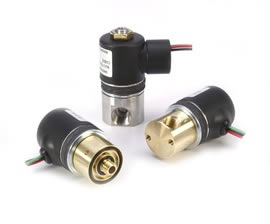 Solenoid Valves
Solenoid Valves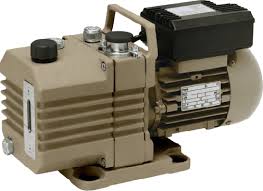 Vacuum Pumps
Vacuum Pumps Castings & Forgings
Castings & Forgings Bulk Material Handling
Bulk Material Handling Electrical & Electronic Components
Electrical & Electronic Components Flow Instrumentation
Flow Instrumentation Hardware
Hardware Material Handling Equipment
Material Handling Equipment Metal Cutting Services
Metal Cutting Services Metal Forming Services
Metal Forming Services Metal Suppliers
Metal Suppliers Motion Control Products
Motion Control Products Plant & Facility Equipment
Plant & Facility Equipment Plant & Facility Supplies
Plant & Facility Supplies Plastic Molding Processes
Plastic Molding Processes Pumps & Valves
Pumps & Valves Recycling Equipment
Recycling Equipment Rubber Products & Services
Rubber Products & Services